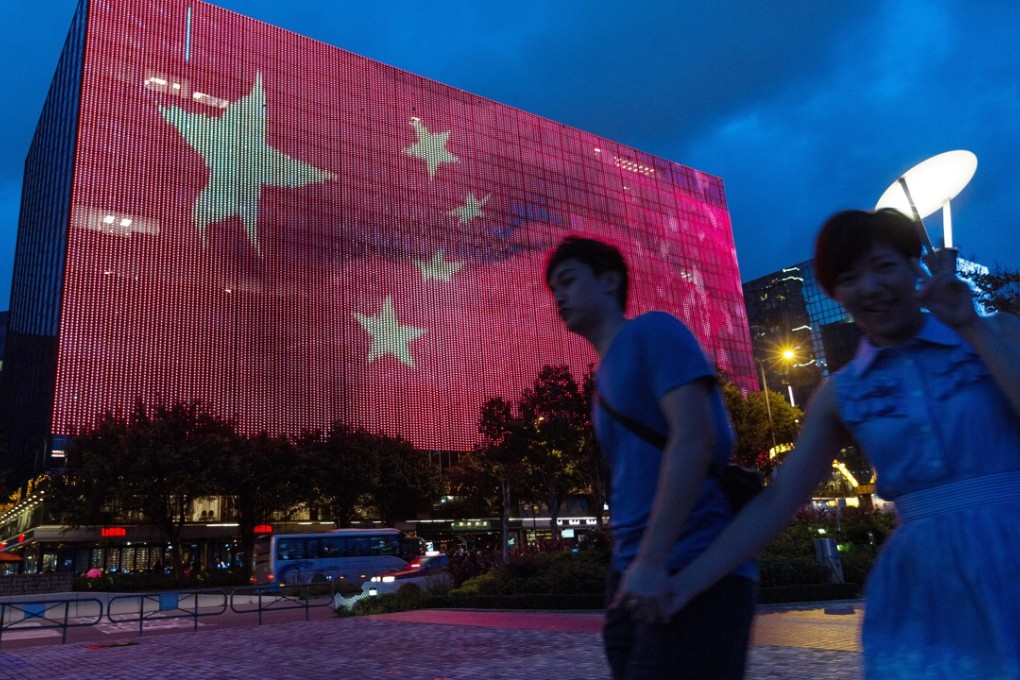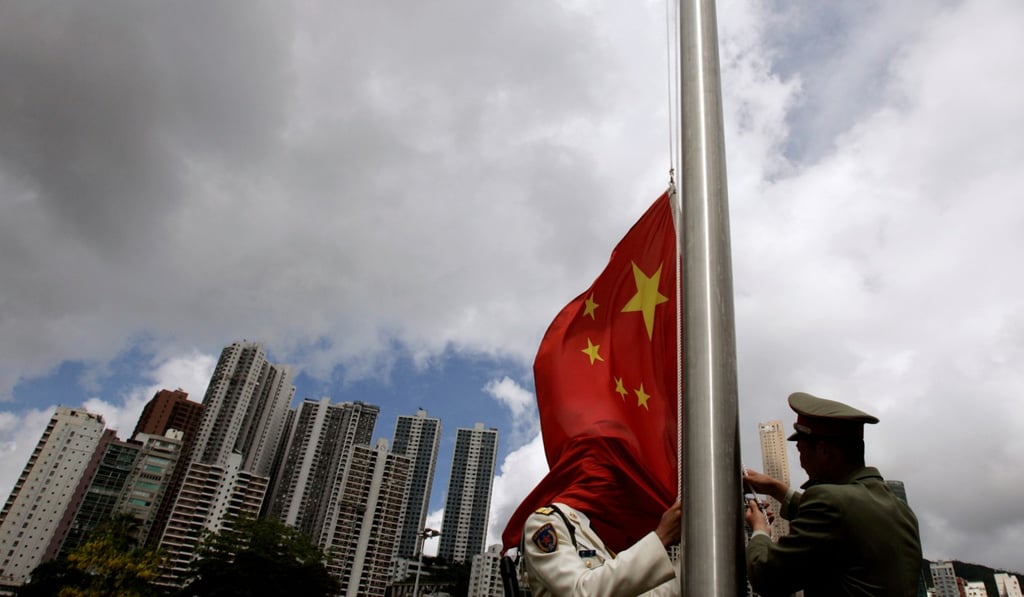Beijing’s rightful role in Hong Kong affairs should not be seen as interference
Song Xiaozhuang says it is wrong to accuse the central government of undermining Hong Kong autonomy every time it performs its duties as laid out in the Basic Law

Even as the Hong Kong Special Administrative Region gets ready to celebrate the 20th year of its establishment, many questions are still being asked about the role of the central authorities in Hong Kong and their relationship with the territory. Some answers are in order.
Basic Law ‘re-education’ urged by Beijing’s former top man in Hong Kong
The SAR authorities refers to the chief executive and his executive government, the legislature and the judiciary.
Next, all provisions of the Basic Law can be classified into three categories: those that spell out the responsibilities of the central authorities; those relating to the relationship between the central authorities and the SAR; and those that limit the autonomy of the SAR (articles 17, 18 and 158).

An understanding of these roles and duties would help to clear the confusion over “one country, two systems”. For example, while the Hong Kong chief executive needs to report to the president and premier, the Central Military Commission may not give orders to the Hong Kong police in peace time. Further, although the SAR government should not be precluded from diplomatic negotiations directly affecting Hong Kong and being conducted by the central government, the former cannot take the place of the latter in conducting diplomatic or defence negotiations itself (articles 13 and 14).
The Basic Law provisions that touch on the relationship between the central authorities and the SAR appear to cause the most confusion
On fiscal management, the SAR prepares its own budget, but the central government supervises it – the chief executive is required to submit the budget and final accounts to the central government for the record (article 48(3)), but if Hong Kong fails to, say, keep its “expenditure within the limits of revenues” (article 107), the central government can be expected to step in and ask for remedial measures to be taken.
